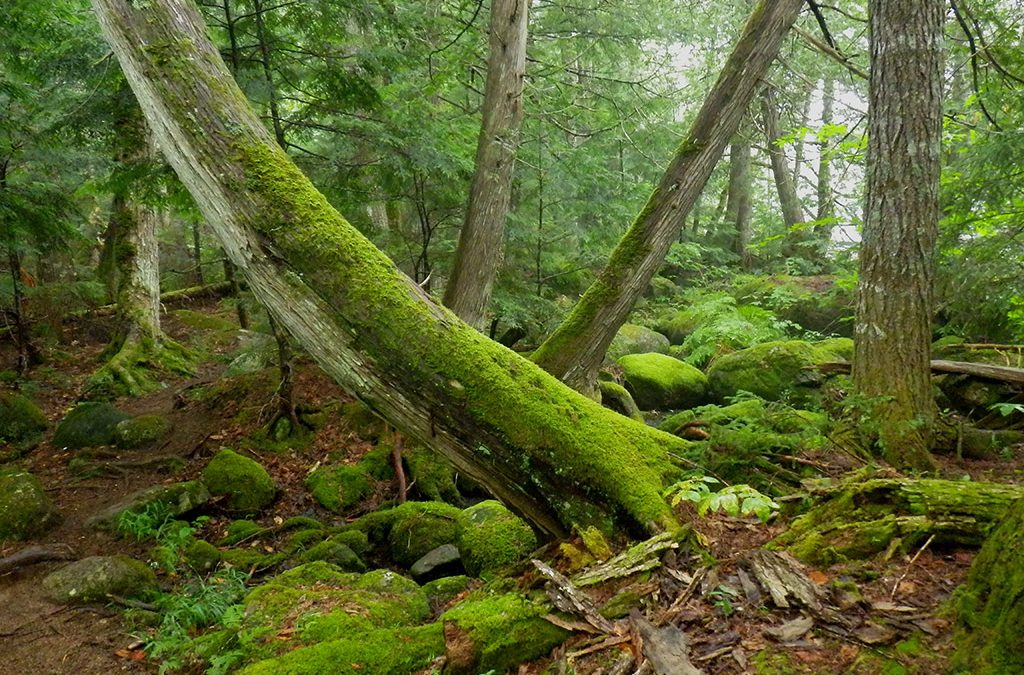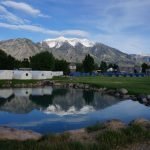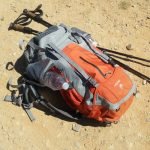The popularity of outdoor activities has skyrocketed in the last couple of decades. Fringe and “hippy” activities are now mainstream. As more and more people spend their leisure time in the great outdoors, the stress on the natural world continues to increase. The problems associated with heavy use is squarely on the backs of the users, if outdoor enthusiasts look to the powers that be to solve the problems, the solution will be closures, restrictions and more fees. To maintain ‘freedom in the hills’ everyone has to do their part to leave no trace.
We all share the public lands with each other and future generations. Your actions should not impact next persons experience.
The Leave No Trace – Seven Principles
- Thoroughly research the trip and know the destination
By avoiding unexpected situations, spontaneous “impact” can be avoided.
Planning, properly locating the campsite, and knowing the trail can save a headache and minimize impact.
- Travel and camp on durable surfaces when possible
Best case scenario for LNT is to stay on trails and camp in designated areas.
That is not always the case.
Damage to land occurs when repeat visitors trample vegetation.
Minimize wilderness damage by using existing trails and existing campsites.
Best practices for camping and hiking will be different in other ecosystems.
- Dispose of Waste Properly
Pack it in. Pack it out. Always pack out trash.
Sanitation is critical for Leave No Trace hiking and camping
Wastewater. Help prevent contamination of natural water sources by properly dispose of dishwater least 200 feet from rivers and lakes.
Human Waste. Properly dispose human waste in holes dug 6 to 8 inches deep and 200 feet from water, trails, roads, and campsites
- Leave it how You Found it
Leave nature as you found it.
Preserve the past and Allow others the same sense of discovery you had.
Do not build on land you do not own.
Do not move rocks, dig trenches, hammer nails into trees, or make other permanent alterations to the land.
- Keep Campfires small
Keep fires small.
Use dead and downed wood that can be broken by hand or foot.
Many areas have been degraded by overuse of fires.
Camp stoves, candles and lanterns make low-impact camping possible.
- Respect Wildlife
Never feed wildlife.
Store food securely and keep garbage away from animals.
Give animals plenty of space.
Observe wildlife from afar.
Control pets so that they don’t harass or scare wildlife.
Human encounters are stressful to animals.
- Be Considerate of Other User
Be considerate of other outdoor users and respect their privacy.
Keep the noise down and leave radios, tape players, and pets at home.
Learn More about Leave No Trace:







